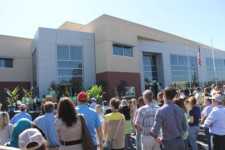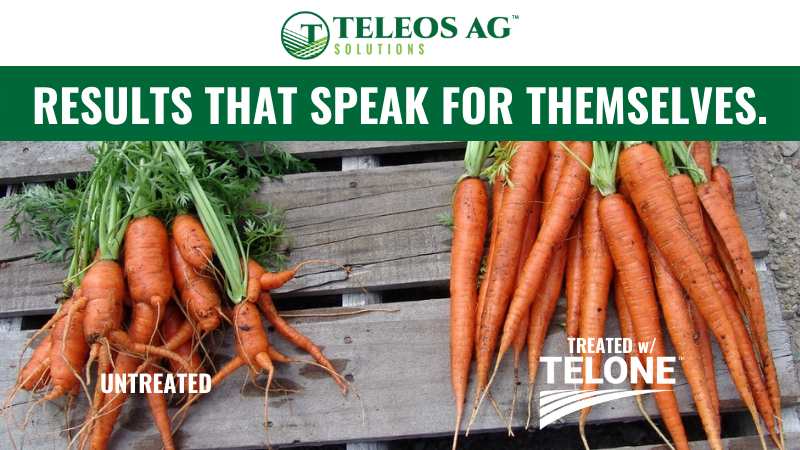Monsanto Unveils $31 Million Expansion To Seed Research Lab

Monsanto Company showed off the completion last week of a $31 million expansion at its vegetable seed research headquarters in Woodland, CA.
The expansion, which included the building of a 90,000 square-foot state-of-the-art laboratory and office building, makes the location Monsanto’s primary site for molecular breeding of vegetable seeds. The expansion, unveiled during a special open house, also makes Woodland’s lab the largest of its kind in the world for vegetable seed health testing.
“The space and resources this expansion brings to Woodland will allow us to increase our research and help farmers everywhere grow more new, exciting products for the world’s dinner tables,” said Mark Oppenhuizen, Woodland’s strategy and operations lead. “It also allows us to maintain a close working relationship with our customers in an area which has become a hub for seed science and which produces more than half of all vegetables grown in the U.S.”
Steady growth over the past few years at the Woodland site spurred the expansion. Today it is Monsanto’s largest site dedicated to vegetable seed research, with approximately 250 full-time employees and 150 contract seasonal employees calling the community surrounding the site home.
“An expansion of this magnitude truly solidifies the importance of our area in terms of agriculture and vegetable seed research,” said Duane Chamberlin, chairman of the Yolo County Board of Supervisors. “The employees at Monsanto’s Woodland site who call Yolo County home are also great neighbors who support and uplift our community not only economically but also through their commitment to volunteerism and giving back.”
Traditional breeding remains Monsanto’s main focus in its work with more than two dozen kinds of vegetables. The expansion will allow for the on-site addition of a seed chipper created by Monsanto engineers. Seed chippers enable breeders to know the characteristics of a plant before it is planted through analysis of a small part of the seed. Breeders can then conduct more efficient research trials to pinpoint vegetable traits which will improve grower productivity and provide consumers with improved benefits such as better vegetable taste, color and quality.










